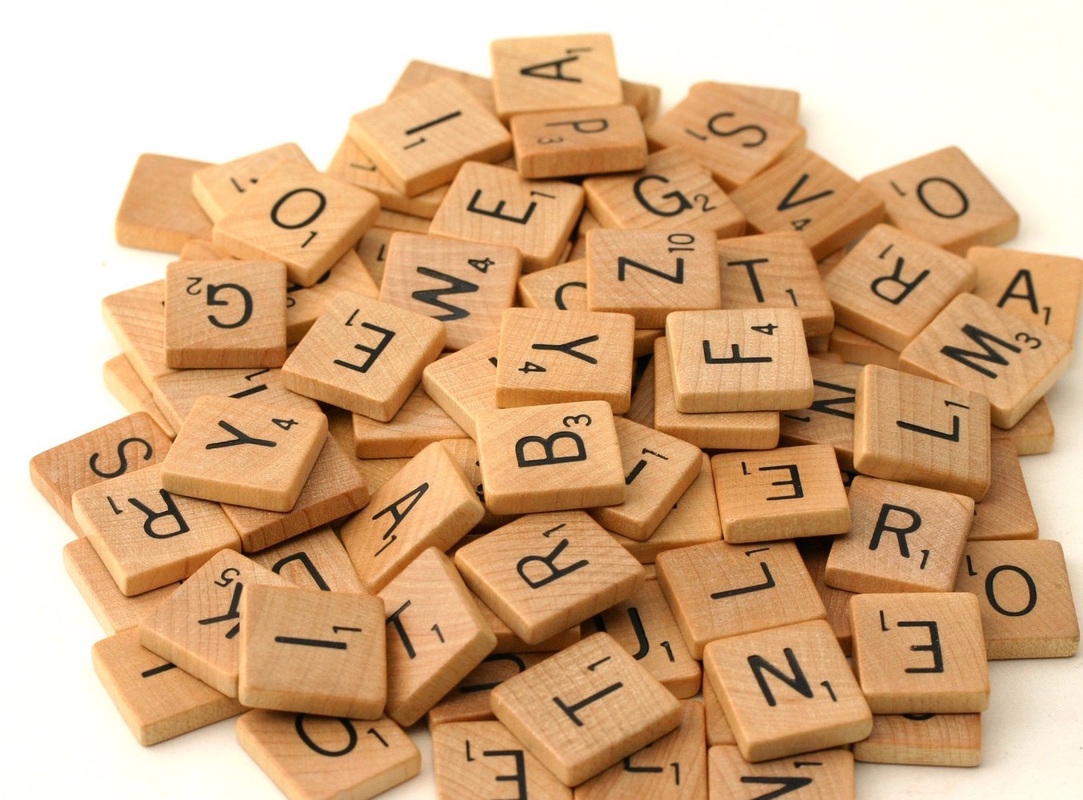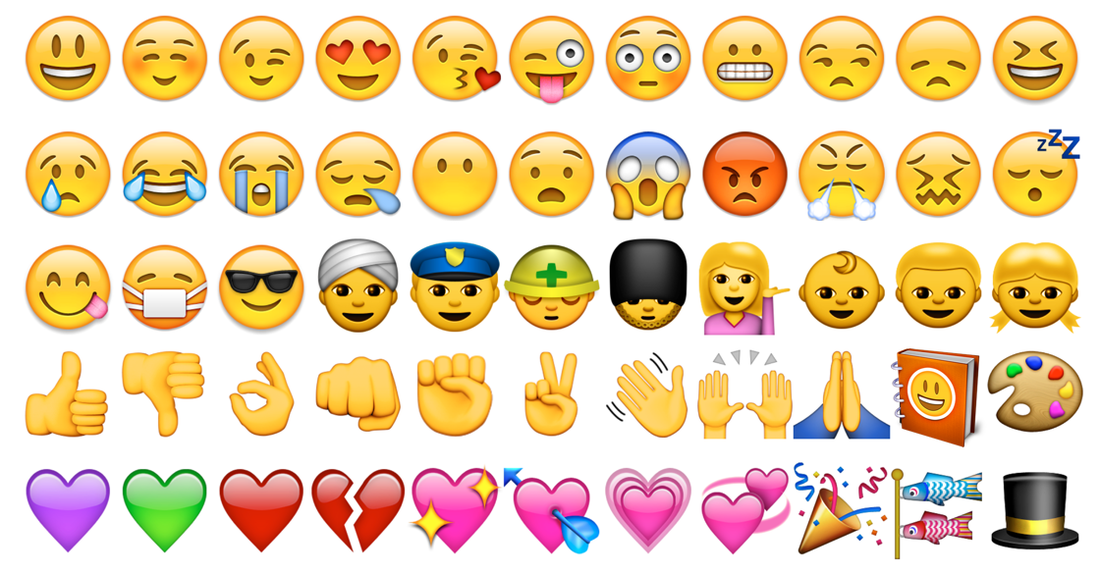Only when I put down this list in this fashion, did it occur to me that I’ve been reading women writers that too from developing countries. There is something in these stories that attracts me – for one, they are not the standard stories that emerge from the West. I think I’ve had enough of those. There is just so much one can explore and experience (so what if it is in the form of books?) It’s like taking a journey to these places, getting glimpses of the subtle nuances of their cultures, gaining insights into their languages, noting the place of women in these societies, and even exploring the question of their identity and how they seek a place for themselves in the world.
One novel moves from Somalia to the Malabar coast and thence to Ceylon and then finds its way back to the mainland in Toothukudi (Tuticorin) and on to the diamond mines of Golkonda. Set in the 1600’s, this enriching novel recreates the time and the places with such authenticity, one feels history textbooks and classrooms could be transformed. The level of detail and the recounting of ordinary moments are extraordinary. The book leaves you with lasting impressions. This is Anita Nair’s Idris – The Keeper of the Light.
Another novel moves from Britain to Egypt – set in the past and the present, it weaves a story of overcoming loss and finding love. The story is revealed through a series of letters discovered by a close family member of the main characters – a grieving English lady trying to overcome a personal loss and a staunch Egyptian nationalist. The underlying themes of British imperialism, the fierce nationalism of the Egyptians, and the continuing turmoil of the Middle East are skillfully interwoven in the story and perhaps, what stands out is the grace one is capable of in the face of adversity. This is Ahdaf Soueif’s The Map of Love. Ahdaf Soueif is Egyptian, as you may have guessed.
In my next post, I will cover the books Urnabhih – A Mauryan Tale of Espionage, Adventure and Seduction by Sumedha Ojha and The Translator by Leila Aboulela. The book, In the Time of the Butterflies deserves an exclusive post – you will see why when you come to it. And I hope to do justice in my review of this truly inspirational book that is based on a true story.


